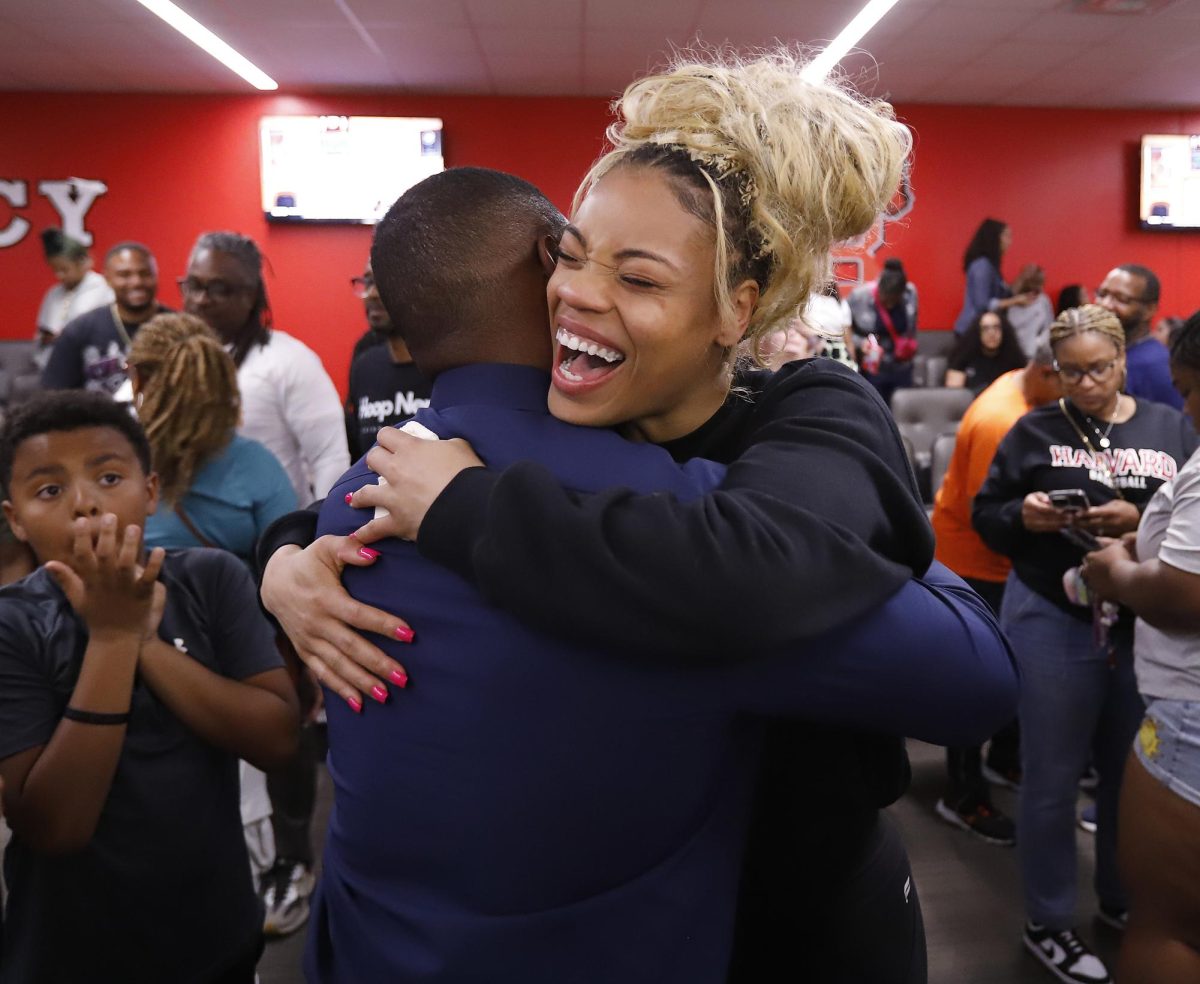One tap. Two taps. Then kindergartner, now junior Timothy Minnick distracts his mind from the reality of the situation. He doesn’t know it yet, but soon his ADHD will kick in and start a scene of panic that will rattle everyone else in the room.
“I don’t entirely think I grew up differently from others,” Minnick said. “A lot of people have it, it’s not like just one person that has it because it comes in different stages and variations.”
Minnick, like many others, started as a young-innocent child diagnosed with Attention-deficit/hyperactivity disorder or more commonly known as, ADHD. A disorder where the mind’s capability of focusing cannot adjust correctly. For many, it may start during childhood like Minnick, however ADHD can continue to progress in different stages throughout adolescence and adulthood. Starting at a young age Minnick had no other choice but to accept his lifelong incurable condition and overcome the inevitable symptoms in order to progress and achieve his goals. Up until this day his willpower and control still remains uneasy at times, but Minnick never fails to aim for success.
“Now I move around so much in my desk that I can’t stay still but I can at least control myself. Knowing that the consequences I could if I do something I want to do, so instead I tap my leg or pencil somewhere,” Minnick said. “Being able to have something to do or move something is helpful.”
As a student in elementary school Minnick’s outbursts started to become routine for other students. Unaware of the severity of the situation he had no other choice but to cave into his negative thoughts and feelings. His symptoms now consist mostly of fidgeting, hyperactivity, irritability and at times his control remains steady. But, during his early stages in elementary school, Minnick’s disorder found itself to be at its worst.
“In kindergarten they had to get everybody out of the room and line them up,” Minnick said. “There was a procedure where everyone would walk out and go next door when I was yelling at teacher throwing desks and chairs at her.”
Throughout the years Minnick has found different ways to cope with his condition. Sports played a big role in his life as he could take refuge in his teams and learn to get more out of the game and get more into school.
“It gave me something to do like going to practice and keeping me busy,” Minnick said. “Now I play basketball and football. It gets out some of the energy and contributes to staying focused in the game and at school.”
Even during his best days, Minnick’s steady control sometimes does not last long. In comparison to years before, his comprehension over the situation has progressed, yet the same troubling habits come back to haunt him from time to time.
“Sometimes when people just talk to me for a really long time and I’m trying to figure out what they’re saying and they just keep talking and talking makes me irritated,” Minnick said.
It may be a slippery road for him, but Minnick always enjoys seeing the positive outcome. He reminds himself to continue learning and prospering on a daily basis despite his symptoms.
“Nothing about it is easy when you’re trying to control it,” Minnick said. “It’s just trying to stay focused and have a goal. Mainly getting all of my work done and getting good grades.”






















